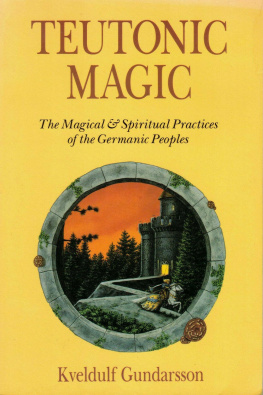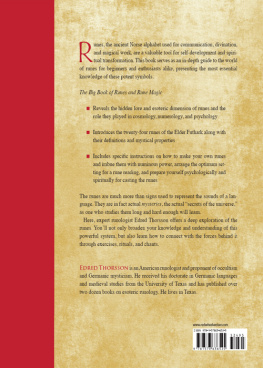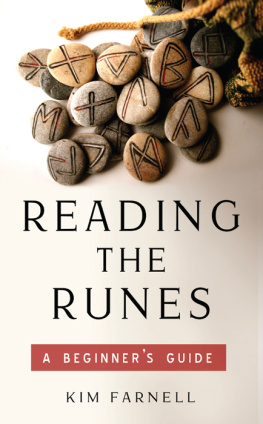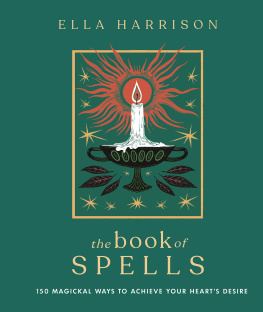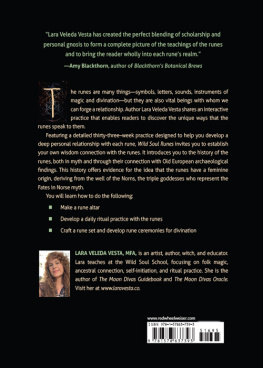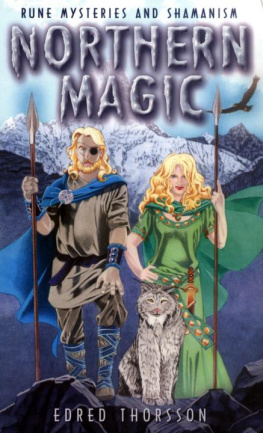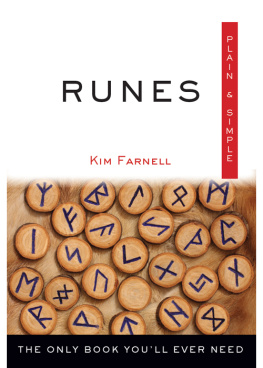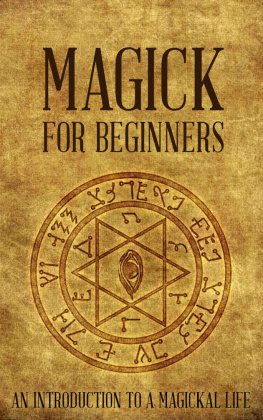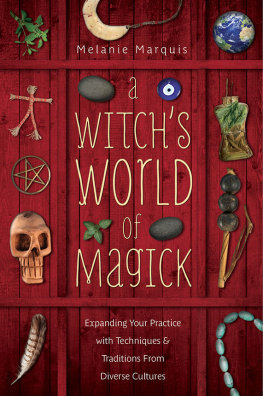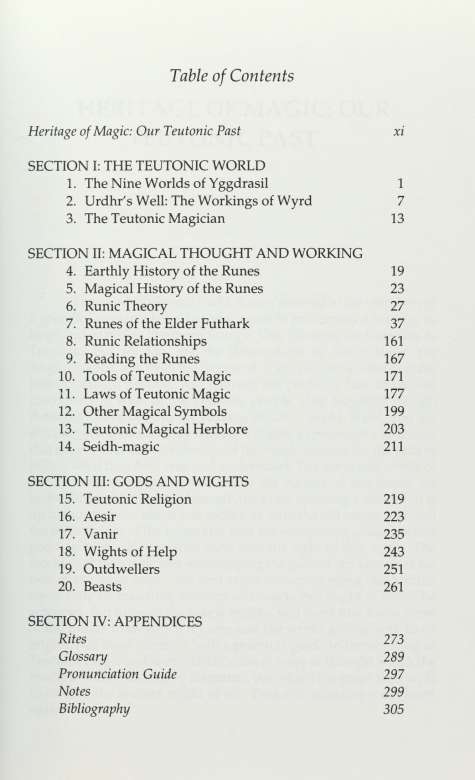This book made available by the Internet Archive.
Teutonic magick is as vast as the northern sky and as deep as the shrouded northern mists.
Many of the most powerful forms of magick in the West were developed to an early perfection by Teutonic magicians: Albertus Magnus, Agrippa, Paracelsus. Some, such as Faustus, were elevated to legends.
Teutonic magick is multifaceted and it has its own innate traditionsthose of the ancient Germanic peoples (Anglo-Saxons, Germans, Dutch, Scandinanvians). In addition it has incorporated the general Western Tradition, which the Teutonic magicians received from soutehrn Europe in the Middle Ages and proceeded to develop with characteristic scientific zeal.
The world of Teutonic magick is full of truly secret, and some sinister, corners as well. Many of these, like so much else that we believe to be sinister, are thus characterized simply because they are unknown and perhaps also misunderstood. There are whole realms of Teutonic magick that have largely been kept secret until the latter part of this century.
Llewellyn's Teutonic Magick Series is the first to explore this world in a systematic and authoritative way. It will reveal the secrets of German rune magic, the obscure mysteries of Gothic Kabbalah, the magic of Faustus, and the deepest mysteries of the German occult orders such as the Rosicrucians, the Illuminati, the Fraternitas Saturni, and the dreaded FOGC-Lodge.
The path of Teutonic magick is focused on the expansion of consciousness through a will to power and knowledgethe way opened for the Teutonic magician by the archetype Woden and followed by Faustus and most modern magicians.
Other Books by the Author:
Crystals and Runes
(privately published, 1988)
Acknowledgemen ts
Teutonic Magic is dedicated to the members of my first rune class, Erik (Eirikr) Malmstrom, Larry Pettit (Asgar), and Judith Pruett, who Hstened to this book in its first Ufetime as a collection of scribbled notes and found it worthy of continued existence.
I would like to thank Edred Thorsson for his kind permission to use his translations of the Rune Poems in this book and for his encouragement and assistance in bringing it into being. Thanks are also owed to Ingvar Solve Ingvisson for many late nights of discussion and to his wife Anne Harrington for the massive support she has given to his Kindred as a whole and to our workings together; to Patricia Paterson, Gloria Galasso, and Hendrix Tolliver III of the Athanor Bookstore, who twisted my arm until I started doing the teaching work which led to this book; and to my endlessly supportive parents, who paid all the library fines incurred in two years of research.
HERITAGE OF MAGIC: OUR TEUTONIC PAST
The word "Teutonic/' which once referred to the members of a specific Germanic tribe, has now come to encompass a heritage as large and varied as Northern Europe. One thinks of the Germans as Teutonic; but so, too, are the descendants of the Vikings, the Anglo-Saxons, and even the Normans. If any of your ancestors came from Northern Europe, you yourself are probably heir to the old thoughts and ways of the Teutonic people, long forgotten though these may have been in the rushing modern world. If not, you are still part of the culture they helped to shape, a speaker of a language that grew out of the world-view of the Anglo-Saxons for the sake of telling what they held true and understood. The ways and works of our Teutonic heritage lie just below the surface of the world we know, like gold forgotten beneath the grass covering a mound. It is up to those whose blood and souls ring with the old songs, who feel the secret might of the runes and hear the whispering of our ancient gods, to bring this treasure forth into the light of day again. The working of the magic and worshipping the gods of our ancestors are two of the most important first steps in requickening our hidden roots: only by matching wisdom and works can aught of worth be achieved. But to work the magic rightly, you must first know more of the minds from which it came and the world giving birth to its might. This book contains both a practical guide to the working of Teutonic magic and some clarification of ways of thought which the modern world has largely forgotten, but which the mage who wills to reclaim the ancient might of our Teutonic ancestors must learn again.
.\ii I Teutonic Magic
THOUGHT AND CULTURE RECLAIMED: AN INTRODUCTION
The first, and most important, re-turning of thought back to the ancient ways comes in deaHng with the duality of sacred and profane as seen by the modern world. The terms themselves come from Latin roots; rooted in Anglo-Saxon, the words become "holy'' and ''unholy,'' having very different meanings and connotations. Holy comes from a root meaning "healthy, whole," showing that in the Germanic mind something holy is not cut off from the physical world, but rather is strong in both the earth and the worlds of the soul which are woven into it. Something unholy is not simply mundane or "non-spiritual" in the way that a profane thing is; it is something sick or flawed. To hallow a place or item is not to set it apart from the world it is not taboo or untouchable in the sense of the Judeo-kristjan (Norse spelling of Christian) "sacred"^rather, it is filled with such a power of holiness as to ward it from any unholywarped or woe-working^wights.
In the life of the person who follows the old ways of the Teutonic people, there should be nothing unholy, no time at which you shut yourself off from an awareness of the workings of your soul simply because the thing you are doing is not openly magical or religious in its goal. Rather, you should be aware of the presence of the gods in everything. When you weed your garden or plant a windowbox, think of the body of Nerthus, Mother Earth, in which you dig; when you eat a hamburger, give thanks to Freyr and Freyja for their bounty which fattened the cattle and ripened the grain for the bun! The more fully you can know how the gifts the gods have aided you in every aspect of your life, the closer you will be to them as you use these gifts. The same holds true for meditating on the runes: as you think on the workings of their various powers in every aspect of your life, you will become more and more adeptnot only at reading the staves, but at using them in ways which work more directly upon the part of the world you can see.
Closely related to the duality of holy/unholy is the question of good and evil. The West has inherited a great deal of its own viewpoint on this matter from the Middle East, in which it is a frequent practice to separate being into absolute Good and absolute Evil. The problem with this, of course, is that when absolute concepts are applied to the relative world, they are generally

